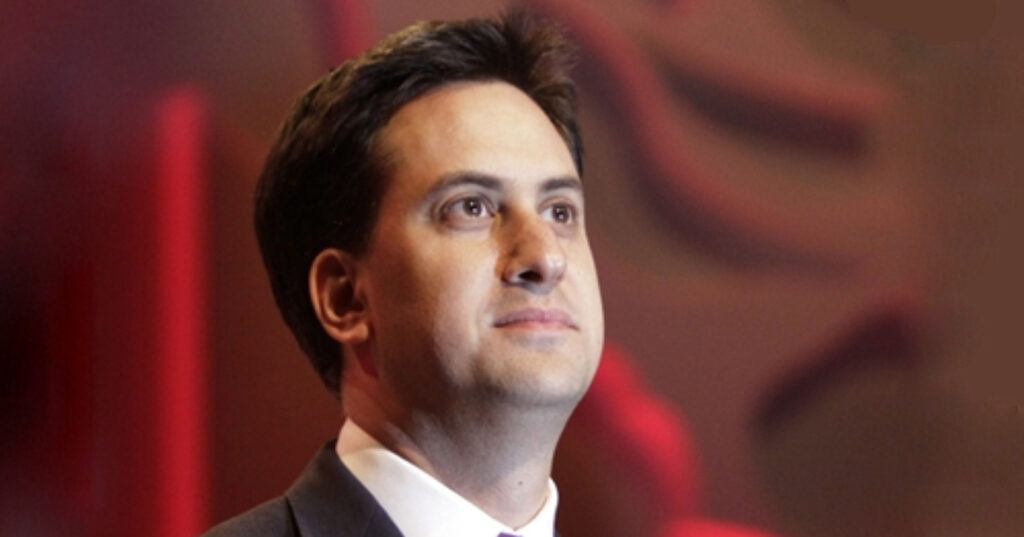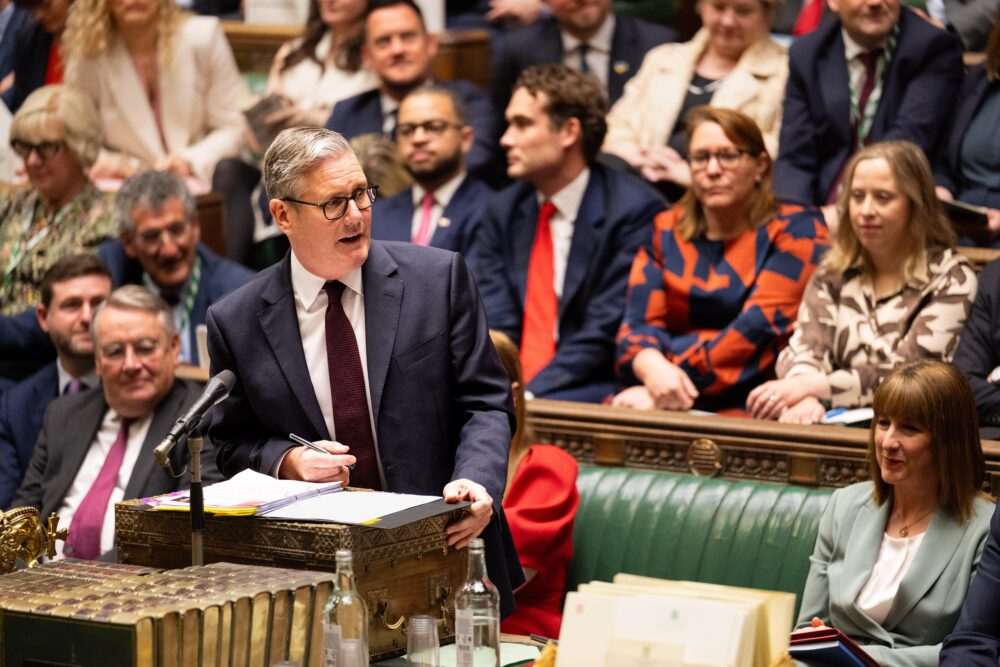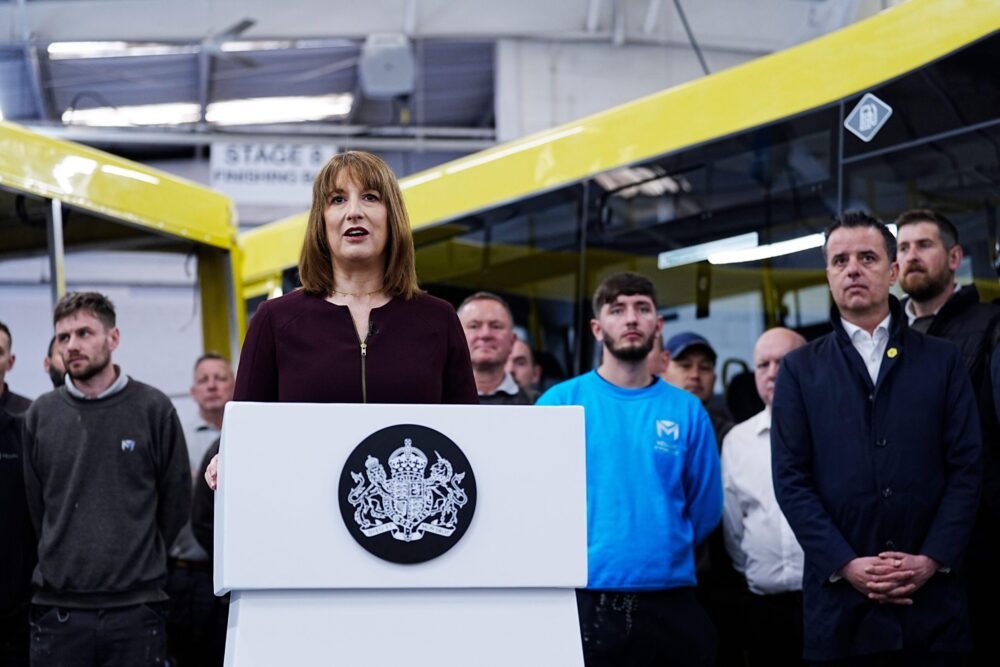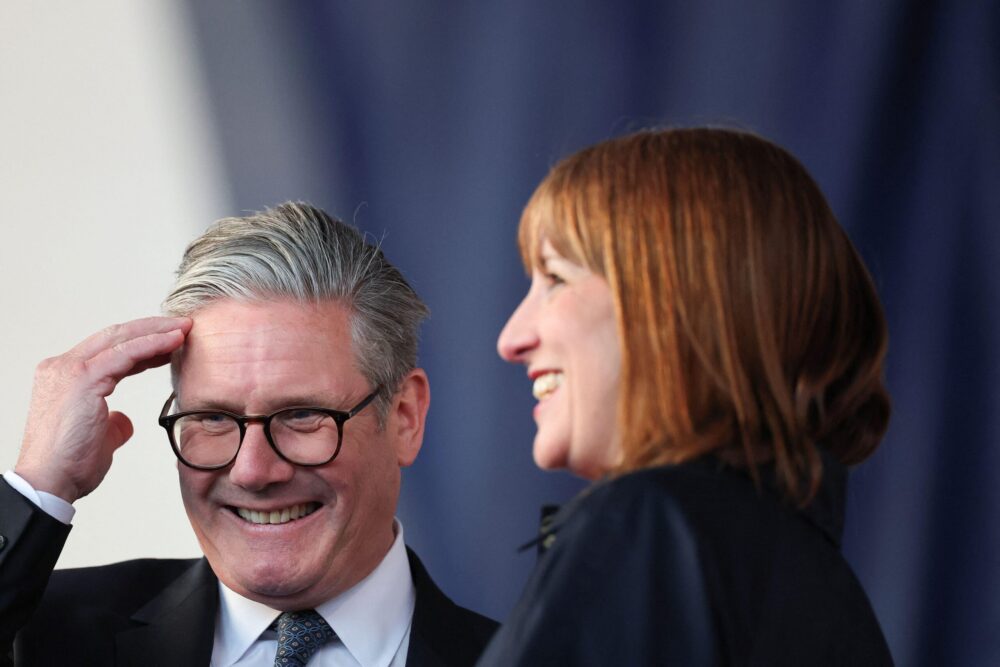
Over the weekend Nicolas Maduro, socialist president of Venezuela, announced that he was forcing a local chain of electronics stores to sell its products at cheaper prices. Maduro is now seeking the power to extend this policy to other goods, in an attempt to “protect the people from the bourgeois parasites”. Maybe it’s true after all, I mused to myself on hearing the news: Ed Miliband really is setting the political agenda.
I thought no further about it until I read Andrew Rawnsley’s fascinating account in the Observer of how Labour insiders see Mr Miliband’s standing and prospects. One party strategist’s summation of public attitudes to the leader was particularly striking: “If people are exposed to two minutes of Ed, they go, ‘Oh, it’s that weird intellectual with the Marxist dad again’. If they are exposed to twenty minutes of him, people go, ‘He’s much better than we expected. This guy is worth listening to.’”
This may well be the case. But this conclusion was presumably reached by showing footage of Ed in focus groups, where people will quite literally have been paid to sit and listen to him. The problem for Labour is to get people to do so of their own accord – something they are reluctant to do. This is why, according to Rawnsley, the Miliband team are banking on a revival of pre-election TV debates. Many people watched the 2010 contests with an intentness that they had never before devoted to political coverage. They were eager to have their choice clarified. Whether or not the broadcasts directly helped determine their votes, undecided viewers were willing to be persuaded. The same could be true in 2015. If there is one occasion when people will listen to twenty minutes of Miliband without having to be given an envelope full of cash in return, this is it.
To Labour’s frustration the Conservatives are reluctant, and it is easy to see why. With some justification, many Tories blame the 2010 debates for muddying the “time for change” message by giving a prominent platform to Nick Clegg, jeopardising years of diligent work in the marginal seats, and taking David Cameron – the party’s biggest asset – off the campaign trail for precious days at a time.
It is equally clear why the prospect of debates appeals to Labour. For all the discussion of Miliband’s post-conference momentum, the only real change has been an improvement in his personal ratings among Labour supporters. In other words, people who were going to vote for him anyway will now do so less reluctantly. Among voters as a whole, Cameron leads Miliband on being able to represent the UK abroad, knowing what he wants to achieve, making the right decisions even when they are unpopular, and leading a team – as well as doing the job overall. While the Labour leader is ahead on understanding ordinary people, in any pre-election debate voters will want to be assured that a potential Prime Minister is up to the job, not just that he feels their pain. Though it may be too late to transform public perceptions, by that time Miliband may decide he has nothing to lose.
Labour apparently see the debates as a chance for Ed to talk to the nation without being mediated and distorted by the right-wing press. This in itself is quite telling. Research I conducted soon after the 2010 election found that swing voters thought Labour lost because Gordon Brown was not a good PM, the party did not have the right answers on important issues, and the government had run out of steam. Those involved in the Labour movement, by contrast, said people had failed to appreciate what Labour had achieved, that the policies were right but badly presented, and that voters were led astray by the media. Evidently this mindset still prevails.
Even so, TV debates offer an opportunity to explain Milibandism to a sceptical electorate. Yet it is as well to be careful what you wish for. While many voters say they like Miliband’s idea for a Bolivarian price freeze on energy, they are not sure he could deliver it, or that it would be effective. My own polling confirms this. While Labour have a strong lead on tackling living costs, they trail the Tories when it comes to introducing practical policies that will work in the long run.
The risk for Mr Miliband is that far from giving him a chance to explain why he thinks price controls are workable, TV debates would further expose the idea’s superficiality. As President Bartlet observed in The West Wing, the ten-word answer can be deadly in politics, but where are the next ten words, and the ten after that? And as Henrique Capriles, the Venezuelan opposition leader, said of President Maduro, “every time he opens his mouth, he scares away the investments that create employment and worsens the crisis”. Rather than transforming perceptions of Miliband after five years as Labour leader, TV debates could confirm them. Meanwhile, they would allow Cameron and Clegg to argue at greater length that higher living standards are achieved by proper economic management, not least controlling the deficit, and by encouraging businesses rather than threatening them.
These are risks, not certainties. A gamble on TV debates may yet help Labour, if the Tories can be persuaded to take part despite having more to lose. But Miliband’s eagerness to hold them is not a signal of confidence. It’s the opposite.


